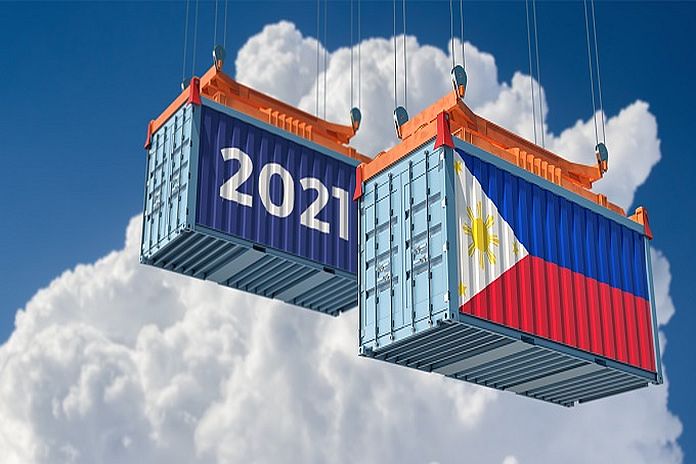By ITC News
“The workshop was exemplary. Breakout rooms proved to be an effective tool for brainstorming of ideas remotely. The cascading of operational pillars based on the action points of the group discussions made for a lively exchange of ideas.” Evez Dexter Carcedo from the Bureau of Customs found a recent workshop on trade facilitation truly useful.
Early in July, he attended a three-day workshop organized for the secretariat and members of the Philippines Trade Facilitation Committee’s adhoc technical working group.
The workshop aimed to pave the way for developing the operational plan, which will be instrumental in defining key strategies and priorities for the committee.
The establishment of an effective National Trade Facilitation Committee is an important requirement of the WTO Trade Facilitation Agreement. This committee provides a mechanism for facilitating both domestic coordination and implementation of the provisions of this agreement.
The national committee brings together stakeholders and helps deliver results. Drawing on best practices in the country, and from around the world, these committees can contribute to finding optimal solutions for trading difficulties. They also have a role in maximizing trade flows and minimizing trade transaction costs, which helps small businesses to participate in international trade and global value chains.
The International Trade Centre is working to build the capacity of the Bureau of Customs in the Philippines to comply with existing international trade facilitation commitments and evolving requirements, including those of their national committee, the Philippines Trade Facilitation Committee.
With the help of ITC experts, participants explored guiding principles on areas crucial for the effectiveness of the National Trade Facilitation Committee. These areas include: political will, legal basis, organization, strategy, operations, performance and human resources.
The workshop allowed participants to:
- Improve their understanding of the role of the national committee and best practices for its establishment and operationalization;
- Analyze the operational checklist and identify areas of improvement for successful operationalization; and
- Define strategies and priorities in operationalization process and provide inputs for the future Operational Work Plan.
The International Trade Centre and the Bureau of Customs jointly organized this workshop under the ARISE Plus Philippines project funded by the European Union. The four-year project aims to foster inclusive economic growth and poverty reduction in the Philippines by improving the county’s trade performance and competitiveness.





